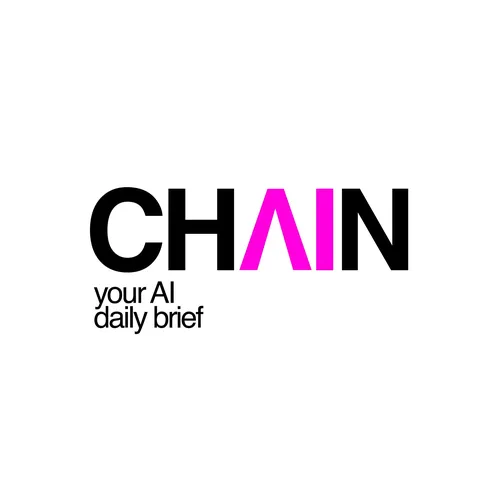Google’s £5B UK AI Bet, Meta’s Push for Superintelligence, and Rising Fears of Zero-Day AI Attacks - 16.09.2025
- Author
- 731 LAB
- Published
- Tue 16 Sep 2025
- Episode Link
- None
Turning to global market updates, major indices such as the S&P 500 and Nasdaq surged to record highs, driven by optimism in the tech sector. Easing tensions between the U.S. and China, along with anticipations of interest rate cuts, have fostered a favorable environment for investors. Companies like Alphabet and Tesla have notably benefited from this climate.
In ongoing AI advancements, Meta has announced the establishment of a new research unit named "TBD Lab," dedicated to developing the next generation of foundation models aimed at achieving superintelligence. While still in its early stages, this initiative signifies a strategic move towards advancing AI capabilities.
From a security perspective, there is growing concern regarding "zero-day" AI cyberattacks, where AI agents could exploit software vulnerabilities in unprecedented ways. Consequently, the cybersecurity landscape is increasingly shifting towards AI Detection & Response (AI-DR) strategies to mitigate these risks.
Amidst the backdrop of an impending state visit by the U.S. President to the UK, discussions for a significant AI infrastructure deal are anticipated. These talks are likely to center on leveraging OpenAI and NVIDIA hardware alongside UK energy resources to enhance sovereign AI capabilities.
At the Samsung AI Forum 2025, global leaders and scholars gathered to explore crucial topics such as semiconductors, vertical AI, and the risks associated with AI exceeding human control. A keynote by renowned AI expert Yoshua Bengio was among the event's highlights.
Furthermore, new research indicates that over half of tech firms are gearing towards organizational restructuring to adapt to the growing influence of AI. Roughly 60% of companies within the tech, media, and telecom sectors identify operational changes as a priority in the coming 18 months.
Stanford University has also made strides in improving healthcare AI performance with the introduction of MedAgentBench—a benchmarking tool designed to evaluate AI agents’ functionality in clinical settings.
Lastly, Arista has focused on innovative cooling and optical technologies aimed at reducing power consumption in AI networking infrastructure, which is essential for large-scale deployments. Additionally, a study from Penn State reveals that highly interactive apps and AI chatbots may inadvertently lower users' vigilance concerning privacy, highlighting vital considerations for user experience design and data practices.
Learn more about your ad choices. Visit megaphone.fm/adchoices
